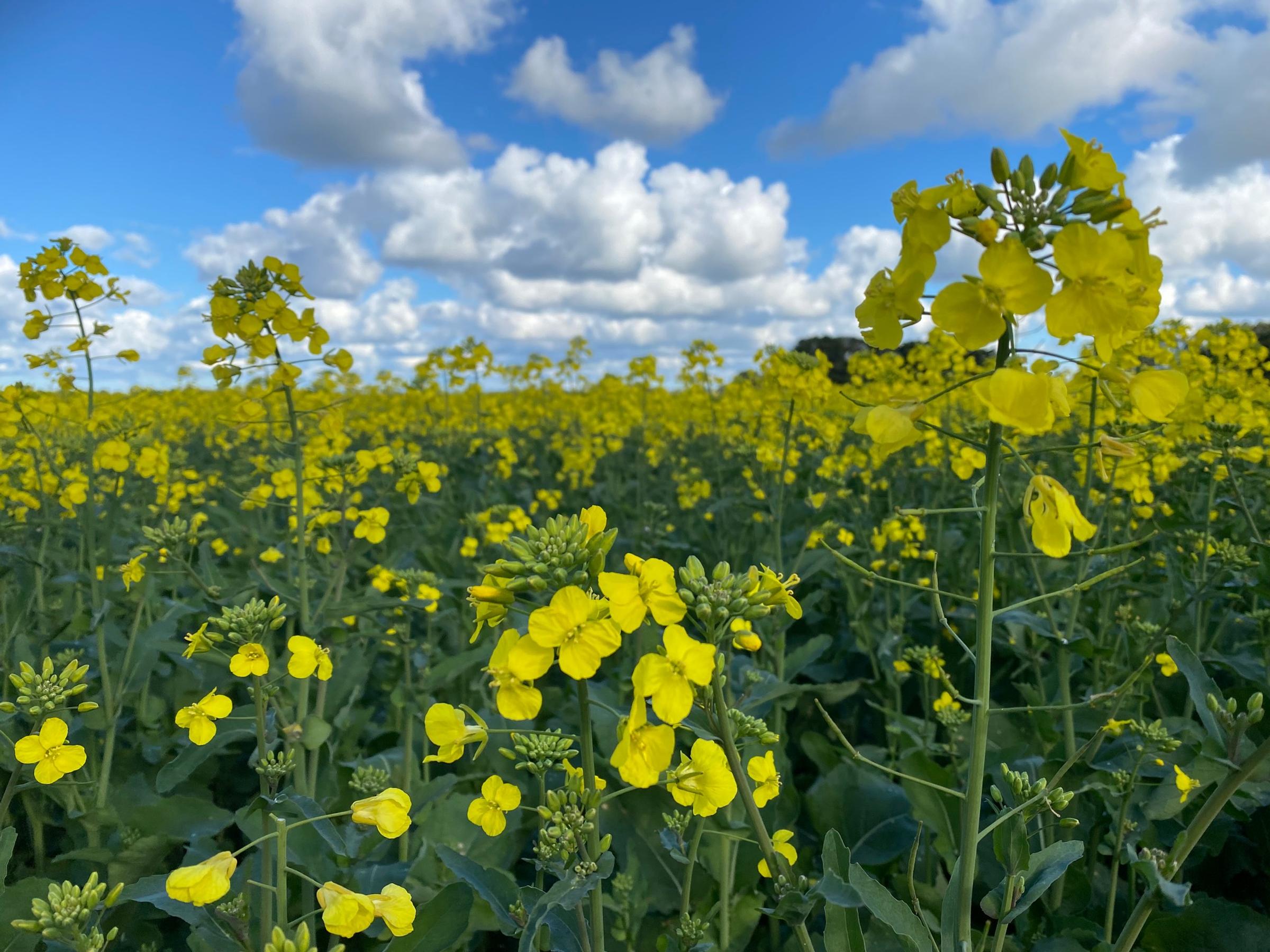REFLECTION

GOSPEL
Jesus passed through towns and villages, teaching as he went and making his way to Jerusalem. Someone asked him, "Lord, will only a few people be saved?" He answered them, "Strive to enter through the narrow gate, for many, I tell you, will attempt to enter but will not be strong enough.
After the master of the house has arisen and locked the door, then will you stand outside knocking and saying, 'Lord, open the door for us.' He will say to you in reply, 'I do not know where you are from. And you will say, 'We ate and drank in your company and you taught in our streets.' Then he will say to you, 'I do not know where you are from. Depart from me, all you evildoers!' And there will be wailing and grinding of teeth when you see Abraham, Isaac, and Jacob and all the prophets in the kingdom of God and you yourselves cast out.
And people will come from the east and the west and from the north and the south and will recline at tables in the kingdom of God. For behold, some are last who will be first, and some are first who will be last." Luke 13: 22-30
REFLECTION
As I’ve prayed with this gospel, I felt a new sense of it. Jesus doesn’t answer the understandable question about whether the number who will be saved is “few” – a small number. Instead, he answers another way. He tells us not to worry about how many will be saved, but to focus on our own journey and to choose a path which is challenging. As many who want to, can enter by this narrow gate. That is so comforting and consoling.
I sense that Jesus is saying to us that we can all be saved. He is telling us that it is not something we can take for granted. It is not a guarantee that can seduce us into thinking we don’t have to do anything, that we are not called to a special life, to a special role in this world. He’s alerting us to the fact that our journey is counter-cultural. It is not a journey that looks like a path of world values. It isn’t about “blending in with the crowd.”
Jesus tells us in other places that the path involves not judging, lest we ourselves be judged. He tells us that we are called to learn that God desires “mercy, not sacrifice.” He says that unless our holiness “surpasses that of the scribes and Pharisees” we’re on the wrong path. He gives us parables, like the one about the unjust steward who has no pity on a fellow who owes him a debt, right after he’d been forgiven his own large debt. He tells the parable about a rich person who doesn’t notice the poor person so close to him. He tells about the fortunate fellow with a great harvest who, instead of sharing his blessings, builds a bigger barn. And, Jesus tells us the judgement at the end of our life will be on how we treated the least of his brothers and sisters – feeding, clothing; welcoming strangers and caring for the sick or imprisoned. Jesus describes the narrow way. He comforts us by assuring us that, if we are yoked to him, along this way, our burdens will be light.
Jesus makes it clear that he, himself, is the gate. When Thomas asks how we can know this way, Jesus simply said, “I am the way, the truth and the life. No one comes to the Father, except through me.” A personal relationship with Jesus will place us on the narrow path. In Jesus, everything else gets aligned in us. Desiring to be with him, excites desires in us to be like him, preparing us for the joy of being with him forever.
Dear Jesus, thank you for inviting us along the way to life, in you and through you. Attract us to your way with your grace. Free me from everything in me that wants to go my own way, that seeks so much else. Free me to love as you love. Teach me to be merciful and just. Make my heart like yours. Draw us together along this way so that we can show our joy to others and make the way easier for so many more.
Julie Leonard
Religious Education Leader
Wellbeing Leader
